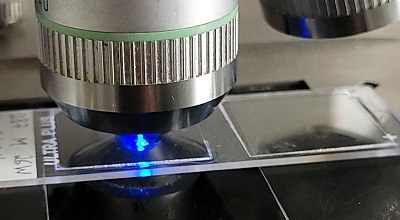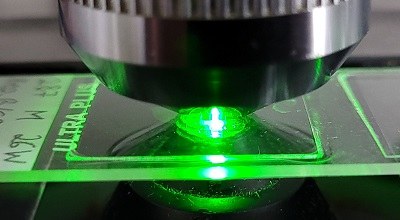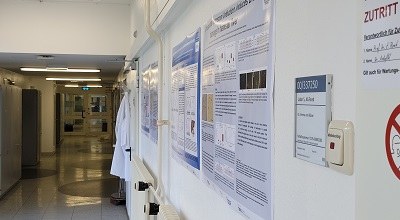Univ.-Prof. Dr. med. Elke Roeb, MHAC
|
|
|
|
Chair of Gastroenterology |
Department of Internal Medicine Faculty 11 - Medicine Justus-Liebig University Gießen |
Mail: elke.roeb Phone: +49 (0)641 985-42338 |
 |
 |
 |
Related to Food Systems and their transformation to more sustainability...
|
|
|
| Univ.-Prof. Dr. med. Elke Roeb, MHAC, is head of the gastroenterology department at the University Hospital of the Justus Liebig University in Giessen. She studied human medicine and health care management at the RWTH Aachen and the University of Frankfurt. Prof. Roeb has a degree in internal medicine, gastroenterology, hepatology and is accredited as intensive care physician. She spent her postdoc time as a scholarship holder of the German Research Foundation DFG in biochemistry at the RWTH Aachen University, the University of Göttingen and at the Max Planck Institute there. Among other things, she received the Heinz Kalk Memorial Prize and the Siegfried Thannhauser Prize of the DGVS (German Society for Gastroenterology, Digestive and Metabolic Diseases). Prof. Roeb was a member of the permanent DFG Senate Commission for fundamental questions in clinical research. She is a member of the Senate Committee for Evaluation of the Leibniz Association, in the advisory board of the DGVS, Chair of the Board of Trustees of the German Liver Foundation and coordinator and first author of the national guideline NAFLD (non-alcoholic fatty liver disease). Her scientific work includes the pathophysiology of the liver and metabolic diseases and the molecular biology of chronic inflammation and carcinogenesis in the gastrointestinal tract. | Non-alcoholic fatty liver disease, NAFLD, - although genetic factors have also been identified - is considered to result from hyperalimentation and as a hepatic manifestation of the so-called metabolic syndrome. The clinical symptoms of non-cirrhotic NAFLD are usually non-specific. With a global prevalence of approximately 25%, NAFLD is now the leading cause of chronic liver disease worldwide and a growing public health challenge. A further increase in NAFLD in the sense of the obesity epidemic, especially among adolescents and younger patients, is to be expected. Changes in lifestyle, demographic change and increasing complexity of food supply and pharmacological therapies are causing an increase in NAFLD prevalence. Physicians and patient organizations must deal with this collectively and individually. |
In cooperation with representatives from the departments for Nutritional Science and for Animal Nutrition and Nutrition Physiology. |
